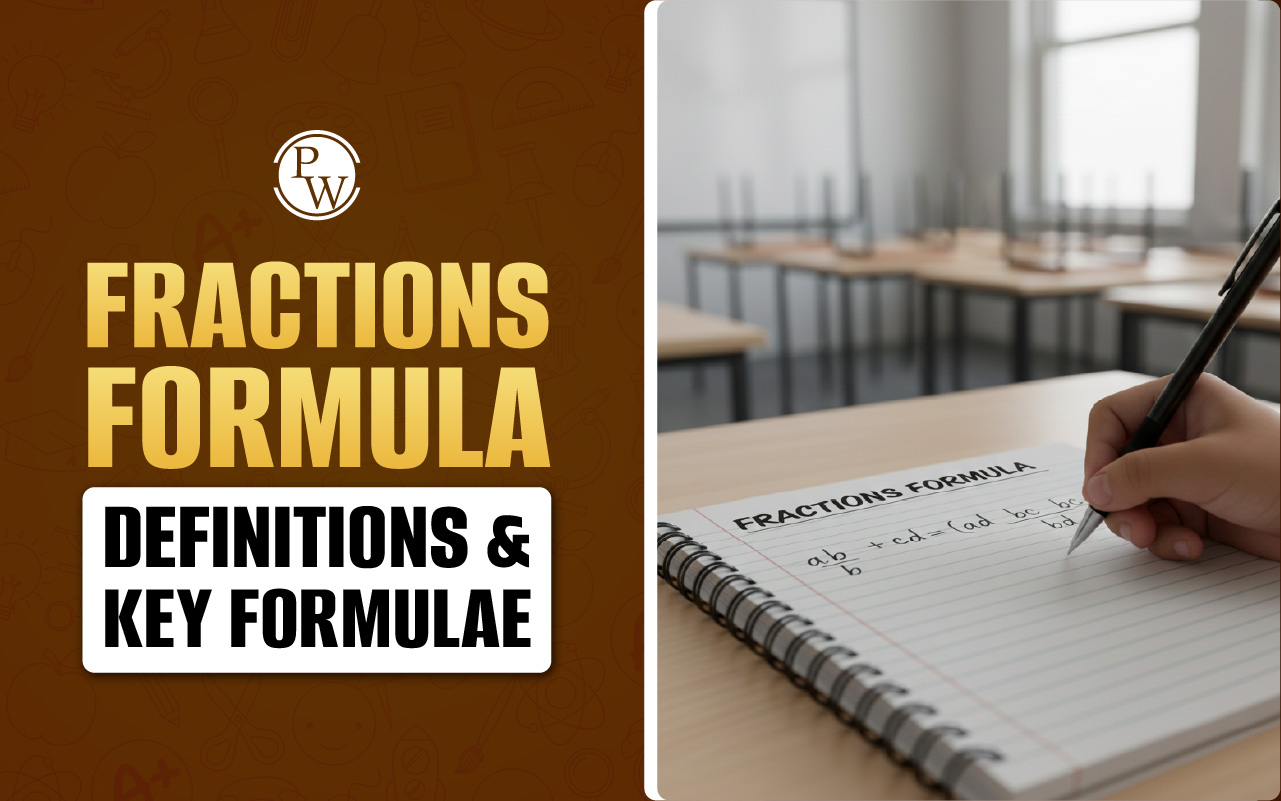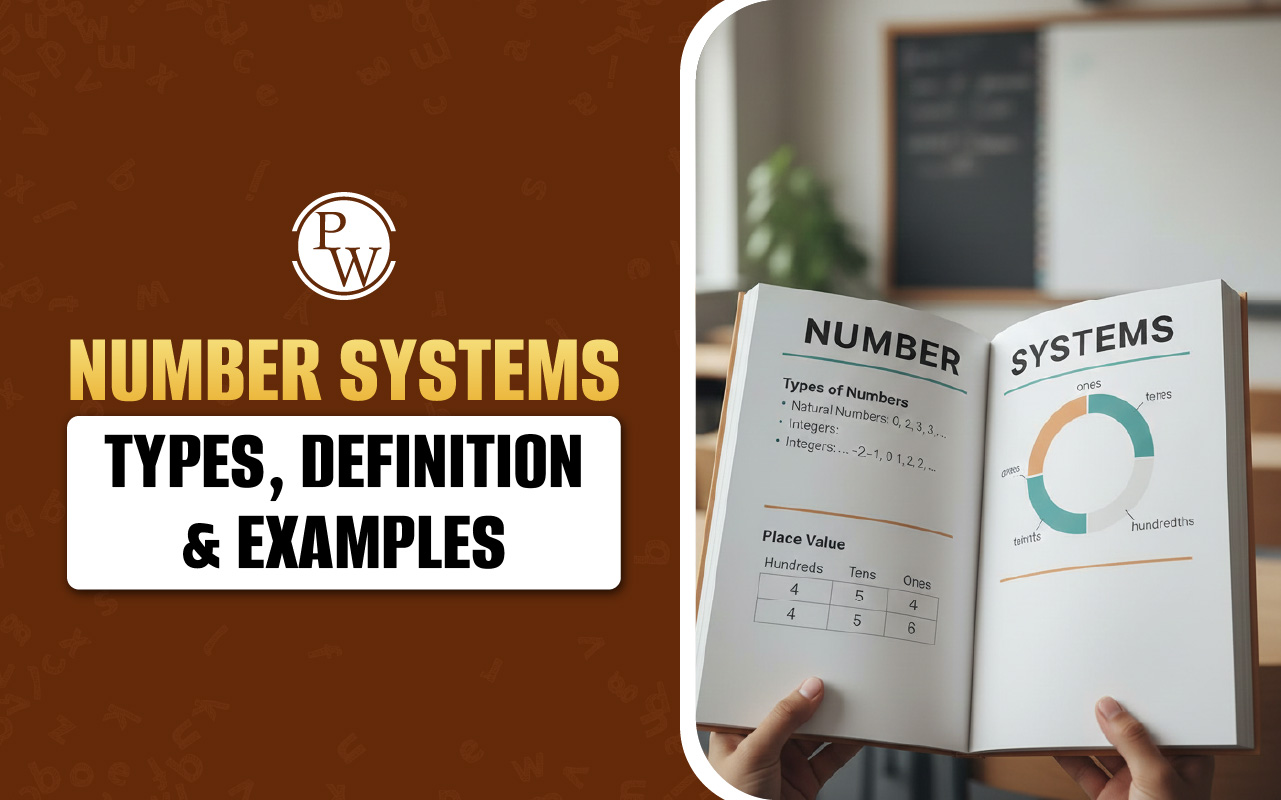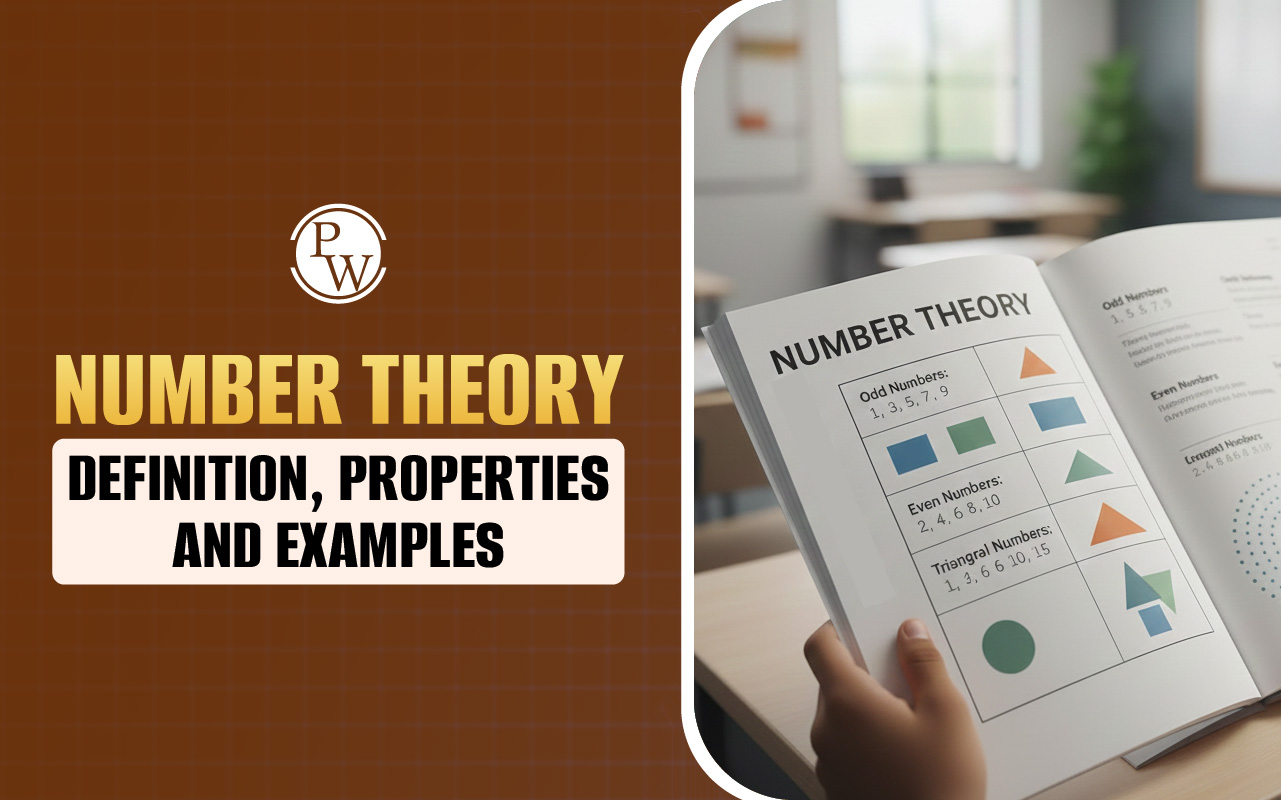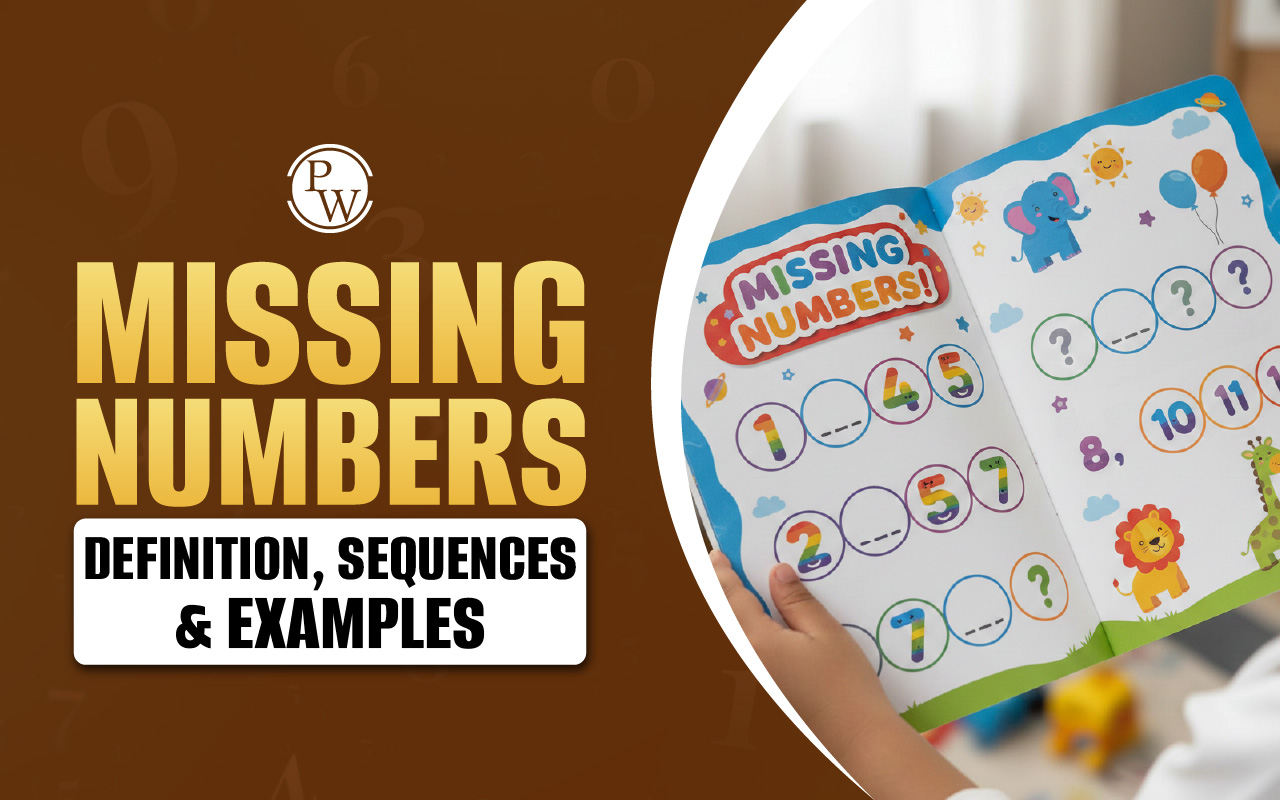
Phrasal verbs are special word combinations that make English sound more fun and friendly! They combine a simple verb, like “look” or “take,” with a little word, such as “up” or “out,” to create a new meaning.
Sometimes, the meaning is clear like “sit down,” which just means to take a seat. Other times, the meaning can be surprisinglike “give up,” which actually means to stop trying, not to hand something over! Using phrasal verbs makes conversations sound natural and easygoing. They give you different ways to say things, like using “wake up” instead of “rise” or “run out” instead of “use up.” With phrasal verbs, English becomes more colorful and expressive!What Are Phrasal Verbs?
A phrasal verb is a combination of a verb with one or more words, like a preposition or adverb, to create a new meaning. For example, “give up” means to quit, which is very different from just “give” or “up.” These verbs help make English sound natural and are often used in conversations. Example I gave up on the puzzle because it was too hard. Here, “gave up” means to stop trying, not just to “give” something.Definition of a Phrasal Verb
According to the Oxford Learner's Dictionary , a phrasal verb is defined as: "A verb combined with an adverb or a preposition, or sometimes both, to give a new meaning, for example, 'go in for,' 'win over,' and 'see to.'"Merriam-Webster Dictionary defines a phrasal verb as:
"A phrase (such as take off or look down on) that combines a verb with a preposition or adverb or both, and that functions as a verb whose meaning is different from the combined meanings of the individual words."Why Are Phrasal Verbs Important?
Phrasal verbs are a big part of everyday English! They make our speech sound more natural, friendly, and relaxed. By combining simple verbs (like "take" or "look") with prepositions or adverbs (like "off" or "up"), phrasal verbs create phrases that give a unique meaning different from each word alone. For Example: Take + off "The plane will take off soon." Here, "take off" means to depart, which is different from the individual meanings of "take" and "off." Look + up "You can look up the word in the dictionary." In this case, "look up" means to search for information, not just to look in an upward direction.Types of Phrasal Verbs
Phrasal verbs can be categorized into different types based on their structure and how they behave in sentences. The two main categories are:1. Transitive Phrasal Verbs
A transitive phrasal verb requires an object (a noun or pronoun) to complete the meaning of the sentence. Without the object, the sentence might feel incomplete. For example:- "I picked up the phone."
- Here, " picked up " is the phrasal verb, and " the phone " is the object.
2. Intransitive Phrasal Verbs
An intransitive phrasal verb does not require an object. These verbs can stand alone without the need for an object to make sense. For example:- "The meeting ran over ."
- Here, " ran over " does not need an object.
3. Separable Phrasal Verbs
Separable phrasal verbs are transitive and allow the object to come between the verb and the particle (adverb/preposition).
For example:- "She turned off the lights."
- You can also say: "She turned the lights off ."
- "She turned it off ."
4. Inseparable Phrasal Verbs
Inseparable phrasal verbs cannot have the verb and particle separated by an object. The verb and particle must always stay together.
For example:- "I will look after the children."
- You cannot say: "I will look the children after ."
Common Phrasal Verbs with Examples
Some phrasal verbs are very popular in English and are used frequently. Here’s a list of common ones to get started: Give Up – to stop trying She gave up learning the guitar. Wake Up – to stop sleeping He wakes up at 6 AM every day. Look After – to take care of I look after my little brother after school. Take Off – to remove or to depart The plane took off on time. Run Out – to use up completely We ran out of milk this morning.How to Use Phrasal Verbs
Using phrasal verbs correctly requires attention to their structure and meaning. Let's discuss a few pointers to keep in mind:1. Conjugation of Phrasal Verbs
When conjugating phrasal verbs, you should follow the same conjugation rules you would for a regular verb. The particle (preposition or adverb) does not change, and only the verb is conjugated. For example:- "She picked up the package." (Past tense)
- "I will look up the information." (Future tense)
- "We are checking out the new restaurant." (Present continuous tense)
- "He broke up with his girlfriend." (Past tense of "break")
- "They ran into some old friends at the concert." (Past tense of "run")
2. Correct Word Order
Word order is especially important when dealing with separable phrasal verbs . When using inseparable phrasal verbs, the verb and particle must remain together, whereas separable phrasal verbs allow you to place the object between the verb and particle. For example:- Separable: "He picked up the book." or "He picked the book up ."
- Inseparable: "She looks after the children." (The verb and particle cannot be separated)
Fun Tips to Remember Phrasal Verbs
Mastering phrasal verbs can be enjoyable with a few creative tricks. Here are some fun ways to help make learning them a breeze:- Use Flashcards: Write down each phrasal verb and its meaning on a flashcard. Quiz yourself daily!
- Play Games: Try matching verbs with different prepositions to see how many phrasal verbs you can create.
- Create Sentences: Use the phrasal verbs in your own sentences. This makes it easier to remember their meanings.
- Practice in Context: Try using phrasal verbs in real conversations with friends or family to make them stick.
Practice Questions for Phrasal Verbs
Ready to test your phrasal verb knowledge? Here are some practice questions to check your understanding:- She found the puzzle too difficult, so she ___ (gave up/gave out).
- I unexpectedly ___ (ran into/ran out) an old friend at the mall.
- During the storm, our car suddenly ___ (broke down/gave up).
- We ___ (ran out/woke up) of juice and need to buy more.
- Could you ___ (look after/look up) my plants while I’m on vacation?
- Gave Up
- Ran Into
- Broke Down
- Ran Out
- Look After
Match the Phrasal Verbs with Their Meanings
Here’s a fun way to test your knowledge of phrasal verbs! Match each phrasal verb to its correct meaning and see how well you understand their use in everyday language. Phrasal Verbs a. Take off b. Run out c. Look after d. Break down e. Give up Meanings- To stop trying
- To stop working
- To depart or remove
- To take care of
- To use up completely
- a - 3
- b - 5
- c - 4
- d - 2
- e - 1
| Related Links | |
| Pronouns | Antonyms |
| Singular nouns | Synonyms |
| Plural nouns | Conjunctions |
Talk to a counsellorHave doubts? Our support team will be happy to assist you!

<b>Phrasal Verbs </b>FAQs
Can a phrasal verb have more than one meaning?
Yes, many phrasal verbs have multiple meanings depending on the context. For example, “take off” can mean to remove something (like “Take off your shoes”) or to leave quickly (like “The plane will take off soon”).
Are phrasal verbs only used in informal language?
While phrasal verbs are often used in informal, conversational English, many are used in formal writing too, especially if they make sentences clearer. However, in very formal writing, single verbs like “depart” might replace phrasal verbs like “take off.”
Are phrasal verbs hard to learn?
They can be a bit tricky because they don’t always mean what the words look like! But with practice, they’re easy to remember and fun to use.
What’s a phrasal verb you use every day?
One we use often is “get up” when we wake up in the morning, or “sit down” when we take a seat. These are phrasal verbs we use all the time!
Do phrasal verbs always stay together?
Not always. Some phrasal verbs can stay together or have the object in the middle, like “Turn off the lights” or “Turn the lights off.”
Check out these Related Articles
Free Learning Resources
PW Books
Notes (Class 10-12)
PW Study Materials
Notes (Class 6-9)
Ncert Solutions
Govt Exams
Class 6th to 12th Online Courses
Govt Job Exams Courses
UPSC Coaching
Defence Exam Coaching
Gate Exam Coaching
Other Exams
Know about Physics Wallah
Physics Wallah is an Indian edtech platform that provides accessible & comprehensive learning experiences to students from Class 6th to postgraduate level. We also provide extensive NCERT solutions, sample paper, NEET, JEE Mains, BITSAT previous year papers & more such resources to students. Physics Wallah also caters to over 3.5 million registered students and over 78 lakh+ Youtube subscribers with 4.8 rating on its app.
We Stand Out because
We provide students with intensive courses with India’s qualified & experienced faculties & mentors. PW strives to make the learning experience comprehensive and accessible for students of all sections of society. We believe in empowering every single student who couldn't dream of a good career in engineering and medical field earlier.
Our Key Focus Areas
Physics Wallah's main focus is to make the learning experience as economical as possible for all students. With our affordable courses like Lakshya, Udaan and Arjuna and many others, we have been able to provide a platform for lakhs of aspirants. From providing Chemistry, Maths, Physics formula to giving e-books of eminent authors like RD Sharma, RS Aggarwal and Lakhmir Singh, PW focuses on every single student's need for preparation.
What Makes Us Different
Physics Wallah strives to develop a comprehensive pedagogical structure for students, where they get a state-of-the-art learning experience with study material and resources. Apart from catering students preparing for JEE Mains and NEET, PW also provides study material for each state board like Uttar Pradesh, Bihar, and others
Copyright © 2026 Physicswallah Limited All rights reserved.







